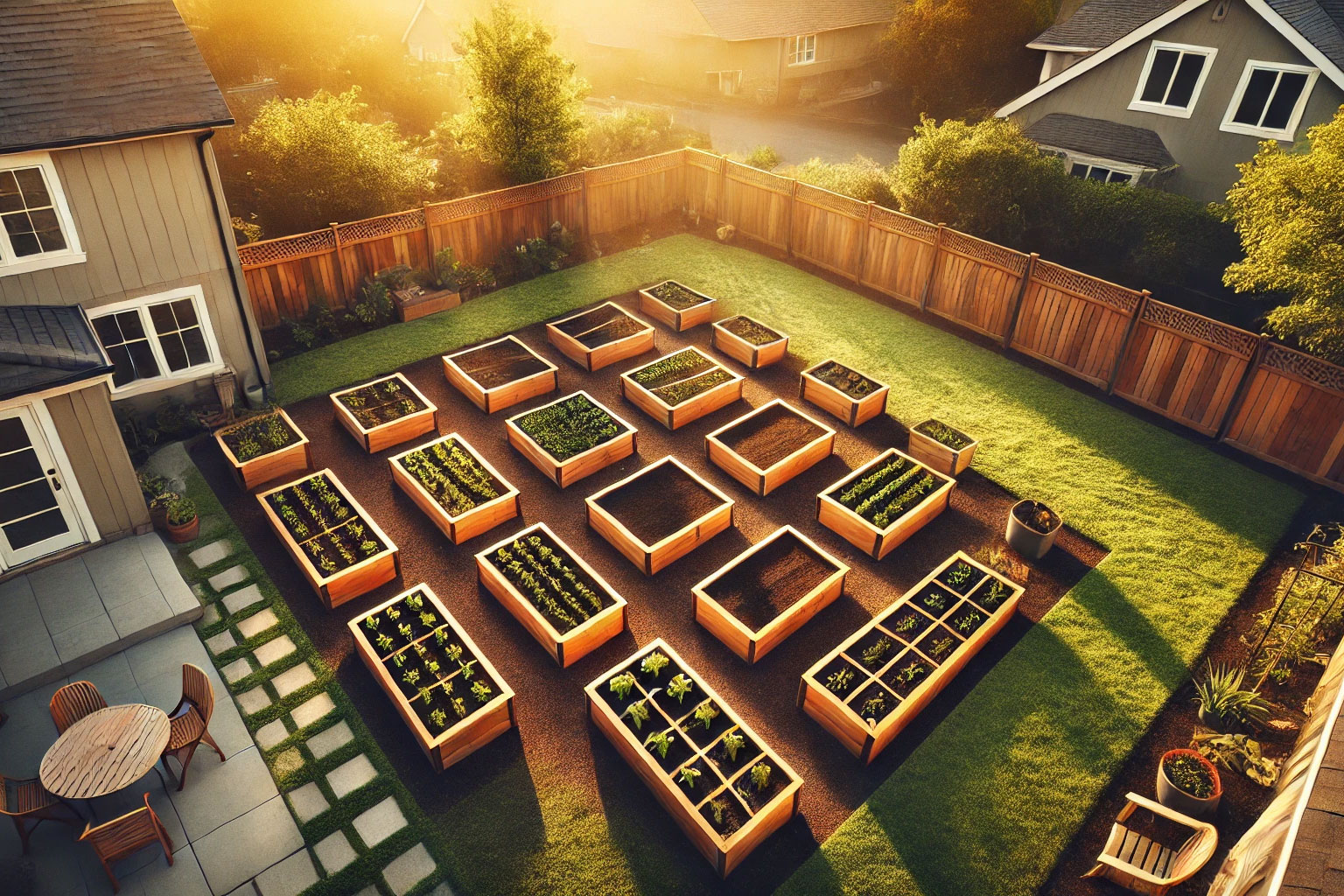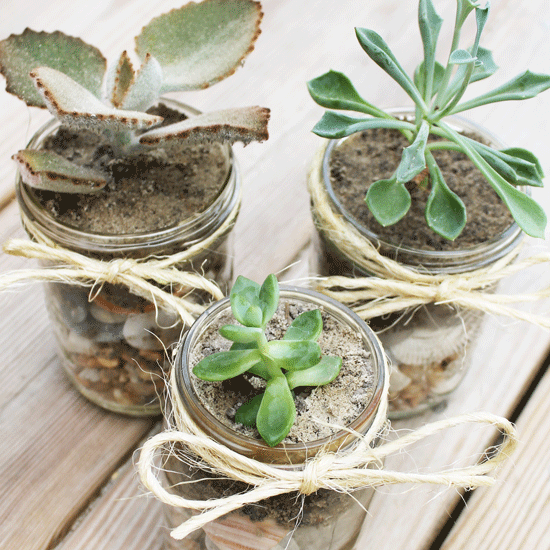Winter-Proof Your Garden: Preparing Raised Bed for Winter
As the leaves start to turn and there’s a crisp chill in the air, it’s time to talk about one of my favorite fall activities: preparing raised bed for winter. I know, I know – it might not sound as exciting as pumpkin spice lattes and cozy sweaters, but trust me, your garden will thank you come springtime!

Let’s face it, we’ve all been there – neglecting our beloved raised beds as the temperatures drop, only to face a mess when the snow melts. But not this year! I’m here to share some tried-and-true tips that’ll have your raised beds tucked in tight for their winter slumber. Ready to give your garden the TLC it deserves? Let’s dig in!
Clean Up and Clear Out: The First Step in Winter Prep
Before we get into the nitty-gritty of preparing raised bed for winter, let’s start with a good old-fashioned cleanup. It’s like giving your garden a spa day before its long winter nap!
Out with the Old, In with the New
First things first, pull out those spent plants. I’m talking about the tomato vines that have seen better days, the cucumber plants that are more yellow than green, and any annual flowers that are past their prime. But don’t just toss ’em – compost them if they’re disease-free. It’s like recycling for your garden!
Weed Warrior Mode: Activate!
Now’s the time to channel your inner weed warrior. Get down and dirty, pulling out any sneaky weeds that have made themselves at home in your raised bed. Trust me, you’ll thank yourself in spring when you’re not battling a weed invasion!
Soil Savvy: Nurturing Your Garden’s Foundation
Alright, now that we’ve got a clean slate, let’s talk dirt – literally! The soil in your raised bed is like the foundation of a house. Take care of it, and everything else will fall into place.
Test the Waters (Er, Soil)
Before you start amending your soil, it’s a good idea to know what you’re working with. Grab a soil testing kit from your local garden center and see what’s what. Is your soil pH off? Are you lacking in certain nutrients? Knowledge is power, people!

Feed the Soil, Feed the Future
Once you know what your soil needs, it’s time to give it a boost. Add some well-rotted compost or aged manure to replenish nutrients. Think of it as a multivitamin for your garden. Spread a nice thick layer – about 2-3 inches – over the entire bed. Your future plants will be doing a happy dance!
Mulch Mania: The Cozy Blanket Your Raised Bed Needs
Now that we’ve cleaned up and fed our soil, it’s time for the pièce de résistance in preparing raised bed for winter: mulch! This is like tucking your garden in with a nice, warm blanket.
Choose Your Mulch Wisely
There are tons of mulch options out there, but for winter protection, I’m a big fan of straw, leaves, or wood chips. They’re like nature’s insulation, keeping your soil temperature more stable through those freezing nights and surprise warm spells.
Layer It On Thick
Don’t be shy with your mulch! Aim for a layer about 3-4 inches thick. This will help protect your soil from erosion, prevent weed growth, and slowly break down over winter to add even more organic matter to your soil. It’s the gift that keeps on giving!

Plant Now, Reap Later: Winter Crops and Cover Crops
Who says gardening season is over just because it’s getting chilly? There are still plenty of opportunities to keep your green thumb active!
Cool-Season Crops for the Win
If you live in a milder climate, consider planting some cool-season crops in your raised bed. Kale, spinach, and certain varieties of lettuce can withstand a bit of frost and give you a harvest well into winter. Fresh salads in December? Yes, please!
Cover Crops: The Unsung Heroes of Winter Gardening
If you’re not keen on winter veggies, consider planting cover crops. Things like winter rye or clover can help prevent soil erosion, suppress weeds, and add nutrients to your soil when you till them under in spring. It’s like having a little army of garden helpers working for you all winter long!

Protect and Preserve: Shielding Your Raised Bed from Winter’s Wrath
We’re in the home stretch of preparing raised bed for winter, but there are a few more tricks up my sleeve to ensure your garden is ready for whatever Mother Nature throws its way.
Raise the Roof (Or at Least a Cloche)
If you’ve got some winter crops growing, consider adding some protection. Cloches, cold frames, or even just some sturdy row covers can help extend your growing season and protect your plants from harsh winds and heavy snow.
Winterize Your Watering System
Don’t forget about your irrigation! Drain and store any hoses or watering equipment to prevent freezing and cracking. If you have a more elaborate system, consider blowing out the pipes to ensure they’re water-free for winter.

The Final Touches: Preparing for Spring Success
As we wrap up our winter prep, let’s think ahead to spring. A little planning now can save you tons of time and energy when the gardening bug bites again!
Map It Out
Take some time to sketch out your garden plan for next year. Crop rotation is key for preventing soil depletion and disease buildup. Plus, it’s just fun to dream about all the delicious veggies and beautiful flowers you’ll grow!
Tool Time
Clean and sharpen your gardening tools before storing them for winter. A little oil on metal parts can prevent rust, and sharpening those pruners now means you’ll be ready to go at the first sign of spring.
Ready to dig deeper into the world of gardening? Spud-tacular news! Our Gardening page is blooming with expert tips, tricks, and green-thumb wisdom. From potato planting to pumpkin pruning, we’ve got the dirt on all things garden-related.
And there you have it, folks – your complete guide to preparing raised bed for winter! With these tips, your garden will be snug as a bug in a rug all winter long, ready to burst into life when spring rolls around. Remember, a little effort now means a lot less headache (and backache) later. So grab your gloves, put on your favorite flannel, and let’s get those raised beds ready for their winter slumber. Happy gardening!






